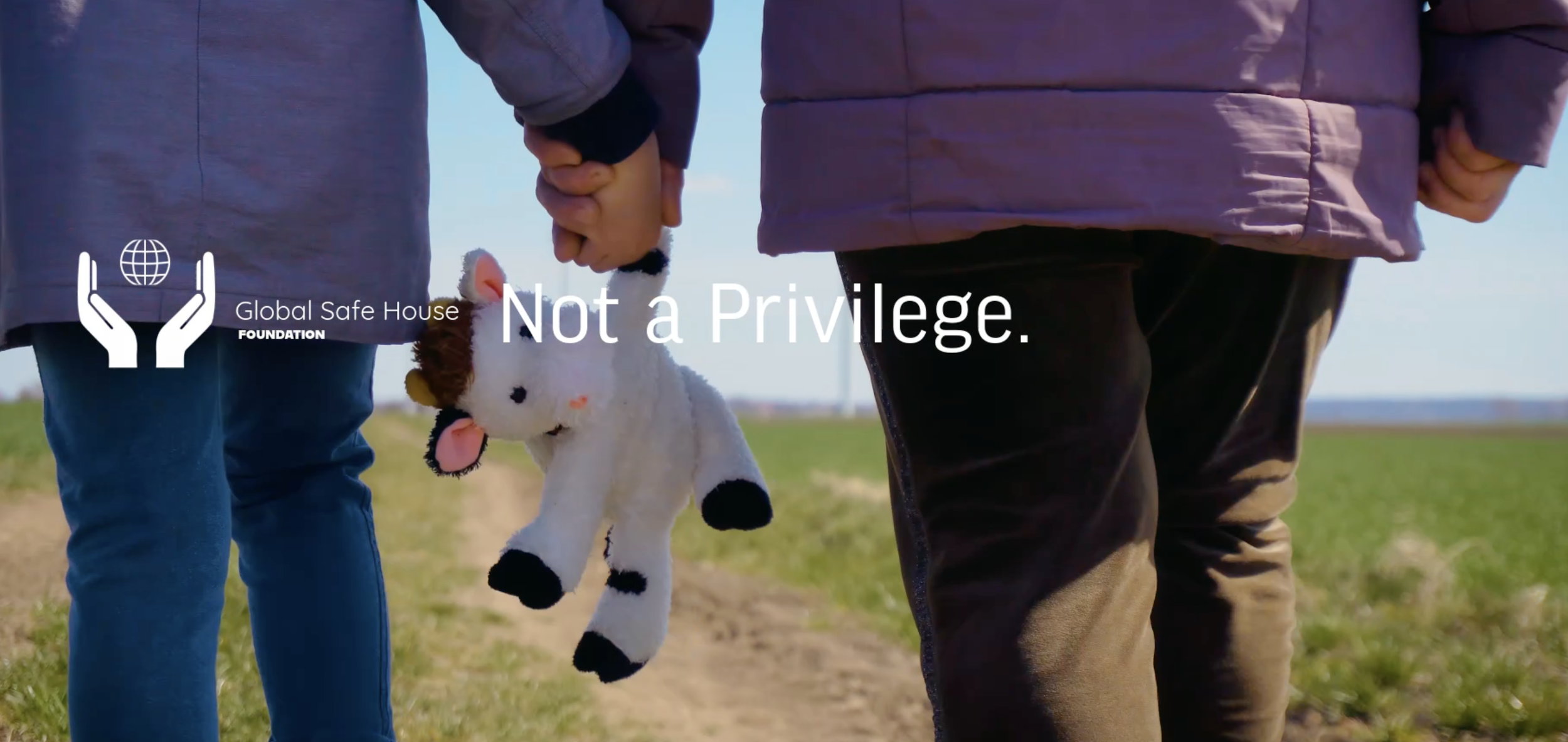
Advocacy
Volunteer Advocates
Our Volunteers possess a demonstrated commitment to immigrants in dire need of legal services. We find placement through a process that is attuned to our volunteer’s interests, experiences and the urgencies of our immigrants.
Border work - Attorneys training and representation in Credible Fear Inteviews
Section 235(b)(1)(B)(v) of the INA defines credible fear of persecution as: “a significant possibility, taking into account the credibility of the statements made by the alien in support of his or her claim and such other facts as are known to the officer, that the alien could establish eligibility for asylum under Section 208 [of the INA].”
The implementing regulations provide that an applicant will be found to have a credible fear of torture if the applicant demonstrates: “a significant possibility that he or she is eligible for withholding of removal or deferral of removal under the Convention Against Torture, pursuant to 8 CFR 208.16 or 208.17.” See 8 CFR 208.30(e)(3).
An individual will be found to have a credible fear of persecution if he or she establishes that there is a “significant possibility” that he or she could establish in a full hearing before an Immigration Judge that he or she has been persecuted or has a well-founded fear of persecution or harm on account of his or her race, religion, nationality, membership in a particular social group, or political opinion if returned to his or her country.
Our advocates guide clients and families in understanding this process at the border, helping them to focus during interactions and interviews with agents and agencies. This exercise also allows our advocates to distinguish from asylum seekers with urgent need from protection from other border detainee better served by private counsel.
Asylum Hearings before the EOIR
The Executive Office for Immigration Review (EOIR) administers the nation's immigration court system. Immigration court hearings are civil administrative proceedings that involve foreign-born individuals (called respondents) whom the Department of Homeland Security (DHS) has charged with violating immigration law.
In these hearings, immigration judges determine whether respondents should be ordered removed from the United States or granted relief or protection from removal (such as adjustment of status, asylum, cancellation of removal, or other remedies provided by immigration law) and permitted to remain in the country. Immigration court hearings are open to the public, with limited exceptions, as specified in law.
Relevant here, immigration court hearings are closed when the respondent in an asylum case, which by regulation provides for additional privacy protections, requests that the hearing be closed.
Our advocates represent qualified clients and their families in all immigration courts so long as their matters come under the objectives of our organizations. We also assist our clients in understanding the Immigration process at court, helping them to focus and hone in facts until in front of an immigration judge at their individual hearing.
